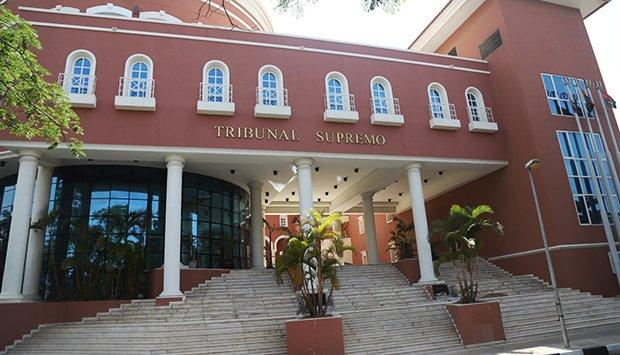Africa-Press – Angola. The members of the Superior Council of the Judiciary, meeting yesterday in Luanda, for the 5th extraordinary session, approved the opening of a public contest to fill eight vacancies for Councilor Judges in the Supreme Court.
The executive secretary of the Superior Council of the Judiciary, Victor Assuilo, explained that it was defined, during the meeting guided by the president of this body, Joel Leonardo, that the eight vacancies will be filled by judges, jurists of merit, full professors and magistrates of the Ministry Public.
“We are currently discussing and approving the costumes for the respective competition, as well as the composition of the jury”, he explained, stressing that the requirements to apply for judge of the Supreme Court will be in the regulation to be prepared by the jury.
The members of the Superior Council of the Judiciary also addressed the situation of the entry into office of guarantee judges provided for in the Constitution.
The spokesperson for the meeting, Victor Assuilo, said that the institution of guarantee judges has to do with the purpose of guaranteeing fundamental rights and the application of coercive measures that must be applied by judicial magistrates, but that, at the moment, are applied by public prosecutors. “We are creating the conditions to prepare a report on the situation in the other provinces, so that, until the opening of the 2023 judicial year, the conditions are created for the exercise of the figure of the guarantee judge”, said the spokesman.
He mentioned, by the way, that it is foreseen, by law, the implementation of 63 courts throughout the country. Victor Assuilo indicated that in the municipalities and localities that were awarded with the District Courts, similar institutions will receive the powers to fulfill this role.
The members of the Superior Council for the Judiciary also analyzed the possibility of recording hearings in the country’s courts, to guarantee future memory. “Angola intends to follow the example of more advanced countries in this matter, such as Brazil and Portugal, where audiences are recorded”, he stressed.
To illustrate the picture he refers to, he cited the well-known “Lusaty case”. “We have now had an example with the trial of the “Lussati Case”, in which we were able to successfully implement this practice, having been confirmed as a great help to assess the facts produced at the hearing”, he pointed out. The opening hours of the judicial secretariats of the courts of common jurisdiction were also considered by the Superior Council of the Judiciary.
For More News And Analysis About Angola Follow Africa-Press






